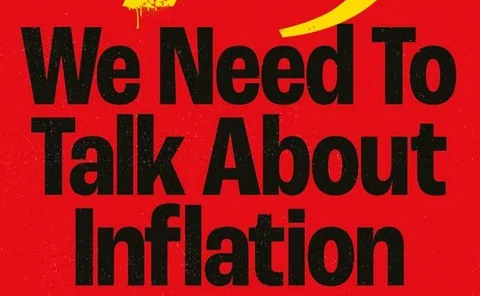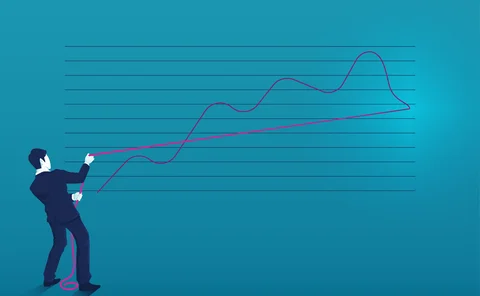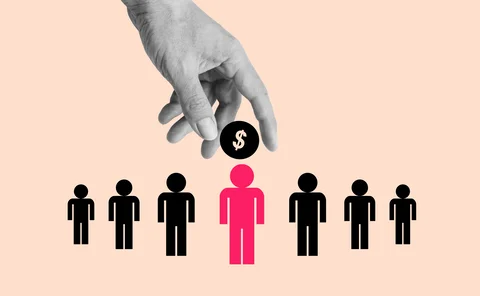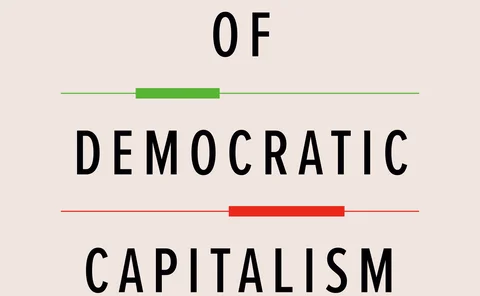Advanced economies
Risk Management Benchmarks 2024 – model banks analysis
Central banks focus on different kinds of risk and operate varied management structures
Lower immigration affecting US household spending power
Low immigration has contributed to increased prices of consumer goods, argues Atlanta Fed
Book notes: We need to talk about inflation, by Stephen King
A short, sensible book that highlights key issues – and might make a good, belated Christmas gift!
Ghana’s Ernest Addison on the chain of events that led to a loss of $5 billion
The Bank of Ghana governor speaks with Christopher Jeffery about what necessitated monetary financing, the boundaries of ‘independence’ and the results of offline tests of the e-cedi
BIS, World Bank and IMF to collaborate on tokenisation project
Digitisation of notes will facilitate transfer of development money to emerging economies
BIS weighs possible shift in global liquidity conditions
Nervy markets struggle to digest rates outlook, as BIS research finds deeper shift may be underway
The long and short of it: Central Banking case studies in point
Invesco comments on the case study interviews conducted by Central Banking for this report, and key reserve challenges such as global high inflation and balance sheet dynamics in emerging and advanced economies.
Currency Benchmarks 2023 – model banks analysis
Data reveals how advanced and emerging market central banks structure their currency operations
A league table for central bank hawkishness
Steve Kamin runs the numbers to assess which central banks have raised rates most aggressively
Joachim Nagel on the ECB’s terminal rate, fiscal policy, model relevance and the digital euro
The Deutsche Bundesbank president speaks about compromise on the Governing Council, rolling back PEPP, the need to implement Basel III and the chances of a revised Stability and Growth Pact
OECD says interest rates should stay high ‘until well into 2024’
Report says monetary policy needs to stay tight until underlying inflationary pressures are lowered
US official outlines expanded role for poorer nations at IMF
Shambaugh discusses quota reform and new officials for developing countries
Financial regulators: one, two, maybe a few?
As Jamaica moves to introduce the ‘twin peaks’ approach to financial oversight, Ben Margulies assesses some of the pros and cons
House prices suffer steepest fall since global financial crisis
BIS data shows sharp falls in many advanced economies, though prices are still up on 2010
Earth to Jackson Hole: create sustainable future bonds for stability and prosperity
Marina Zucker-Marques and Kevin Gallagher offer a template for a new central bank asset
Global growth is stalling: what must be done?
Jagjit Chadha says leaders are failing to make a serious attempt to tackle deepening global problems
Time to pay policy-makers based on their performance
The remuneration framework for central bankers needs reform amid failures to hit inflation targets, argues David Bholat
Book notes: The crisis of democratic capitalism, by Martin Wolf
A sincere attempt to explain and fix the failing of capitalism in liberal democracies
IMF’s Adrian on the systemic threat posed by a ‘weak tail’ of financial institutions
The IMF’s financial counsellor speaks to Christopher Jeffery about bank runs and emergency interventions, market and oversight failings, and the need for action on run rate assumptions, interest rate risk, deposit insurance, crypto regulation and a ‘weak…
Advanced economies face slowdown and stubborn inflation
Jagjit Chadha analyses the shifting outlook for the world economy, with more hard work ahead for central banks
Non-banks key to ‘absorbing’ sovereign debt – BIS paper
New database of key players in sovereign debt markets reveals EME reliance on non-banks
Another financial crisis hiding in plain sight
Steve Kamin analyses how the risks that sank SVB were plain enough to those who looked for them
Book notes: States and the masters of capital, by Quentin Bruneau
Chronicling the practices and players involved in privately financed sovereign debt
What economists learned from Covid-19
A rush of work on ‘epi-macro’ yielded breakthroughs and then faded. Will there be lasting benefits?























